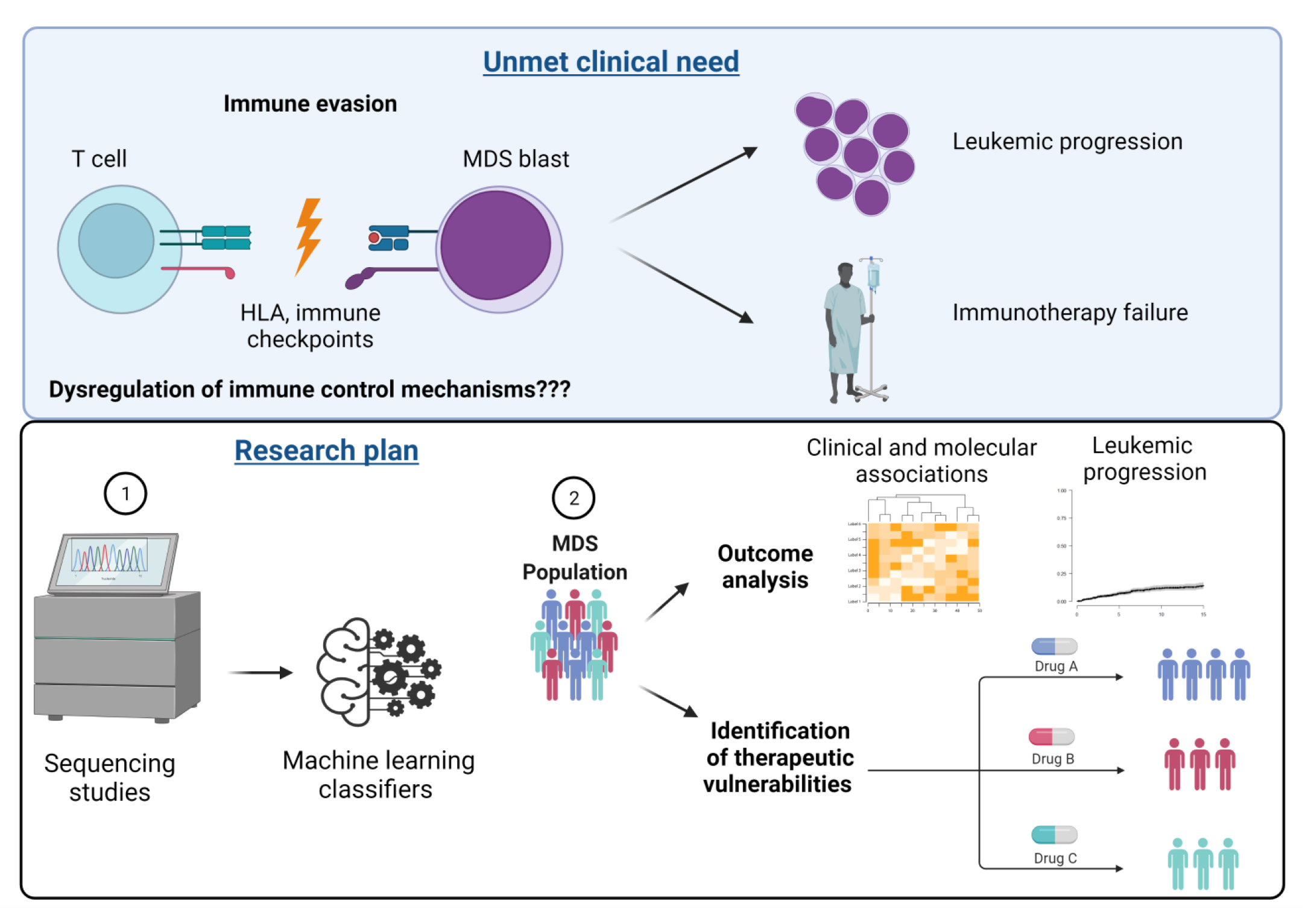
Researcher Profiles

Carmelo Gurnari, M.D.
The Cleveland Clinic Foundation
2022 Funding recipient
T Cell Control and Immune Escape in MDS: Foundation for Targeted Immunotherapies
EvansMDS Young Investigator Award
PROJECT SUMMARY
Myelodysplastic syndromes (MDS) constitute a variety of blood disorders, which are characterized by insufficient production of blood cells causing severe infections, fatigue, bleeding, and a risk for progression to acute leukemia. Currently, the majority of therapeutic approaches aim to control disease-related symptoms and are not curative. The lack of therapeutic opportunities (especially in immunotherapy, e.g., boosting the body’s natural defenses to fight cancer) is caused in part by the incomplete understanding of the several factors at play in MDS development and its progression to leukemia.
Our immune system helps us fight cancer cells via a variety of control systems, which ultimately enable our lymphocytes to recognize their targets. However, in tumors such as in MDS, these checkpoints do not work properly and dysregulation of such identification mechanisms may play a major role in the development and progression of the disease, and its treatment sensitivity profile.
To address this unmet clinical need, My EvansMDS research proposal delves into the study of mechanisms of immune evasion in an attempt to characterize their molecular basis. In addition to exploring the most established MDS-associated mutations to comprehensively examine their role in immune dysregulation, we will also investigate the role of the immune system itself, whose natural anti-tumor activities fail to operate when specific acquired mutations enable the “escape” towards leukemia progression. To that end, we will use a variety of experimental procedures to help us detect specific alterations in immune genes and study their effects. We will then connect immunogenomic and clinical data through the innovative use of artificial intelligence-based tools. The long-term goals of this research are to further our understanding of the contribution of the immune system in MDS biology and identify potential new curative therapies for this disease.

